From Monthly Film Bulletin, September 1976, , Vol. 43, No. 512. I believe that this is the first time I wrote about Moullet. — J.R.
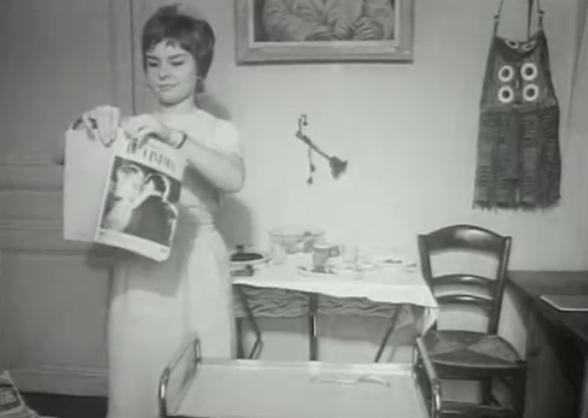
Steack Trop Cuit, Un (Overdone Steak)
France, 1960
Director: Luc Moullet
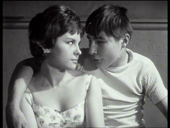
Cert-U. dist–Connoisseur. p.c–Les Productions Luc Moullet/Les Productions Georges de Beauregard. p–Georges de Beauregard. 2nd Unit d–Pierre Guinle. sc–Luc Moullet. ph–André Mrugalski. 2nd Unit ph–Raymond Cauchetier. ed–Agnès Guillemot. 2nd Unit ed–Maryse Siclier. a.d–Luc Moullet. m–Frédéric G. Ploumepeux. English titles— Mai Harris. sd–Marielle Lesseps. cooking adviser–Alberta Laguioner. /.p–Françoise Vatel (Nicole), Albert Juross (Georges), Jacqueline Fynnaert (Françoise), Raymond N. Quinneseul (Samuel). 1,739 ft. 19 mins. Subtitles.

Returning home from school, Georges protests angrily to his older sister Nicole that she hasn’t yet prepared dinner. With both their parents away, she is in control of his pocket money, and threatens not to give him any for Sunday after he behaves boorishly. Claiming that the steak she has cooked is inedible, he goes next door and borrows sausages from their neighbour Françoise, which he gets Nicole to prepare. Afterwards, he plays footsy with Nicole at the table and talks to her while she puts on make-up and changes clothes, preparing to go out on a date. Read more
This is the Introduction to the fifth section of my first collection, Placing Movies: The Practice of Film Criticism (University of California Press, 1993). I’ve taken the liberty of adding a few links to some of the pieces of mine mentioned here which appear on this web site. — J.R.
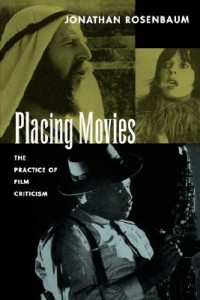
From a journalistic standpoint, what movies are about is always important, but the roles that should be played by content in criticism are not always easy to determine. Ever since I started writing regularly for the Chicago Reader in 1987, my principal professional safety net — what helps to guarantee that I’ll remain interested in my work on a weekly basis, even if the movies of a given week are not interesting — is my option of writing about the subject matter of certain films. This almost invariably involves a certain amount of short-term research, because even if I already know the subject fairly well, a refresher course in certain specifics is generally necessary. (A good example of this would be the reading and listening I had to do in order to nail down many of my facts and examples for “Bird Watching,” in spite — or should I say because? Read more
From Film Quarterly (Summer 1979). Sad to say, the Aldrich and Ophüls books are now so scarce that I couldn’t even find their jacket illustrations on the Internet until a reader, Luke Aspell, generously furnished them to me. –- J.R.
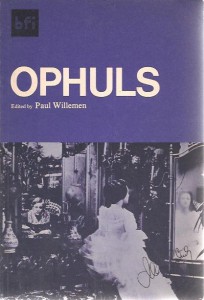
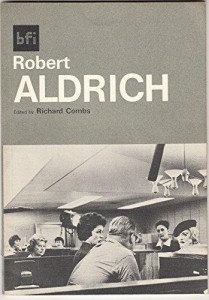
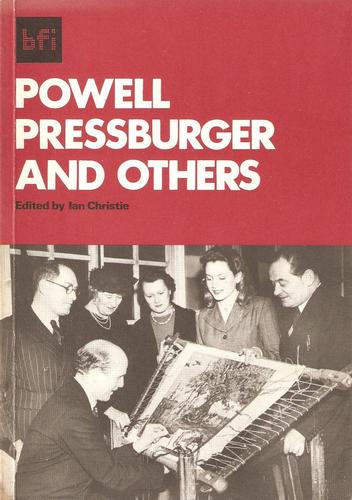
ROBERT ALDRICH. Edited by Richard Combs. London: British Film lnstitute, 1978. $3.25.
POWELL, PRESSBURGER AND OTHERS. Edited by Ian Christie. London: British Film lnstitute, 1978. $4.50.
OPHÜLS. Edited by Paul Willemen. London: British Film lnstitute, 1978. $3.50.
Perhaps the most striking difference between the current batch of British Film Institute monographs and the previous series issued under the now-defunct aegis of Cinema One (a joint effort of the BFI and the English publisher Secker & Warburg) is the relation of each to academic film studies. The Cinema One books, designed as popular laymen’s introductions to relatively obscure subjects, were lavishly illustrated with stills and frame enlargements, appeared both in paperback and hardcovers, and rarely proceeded beyond the format of one critic per subject.
The new line of BFI books, which appear only in paperback, are much closer to academic “casebooks”: the texts are usually longer, illustrations are omitted (apart from black-and-white stills on the covers), and the critical perspectives in most cases are multiple. Read more






